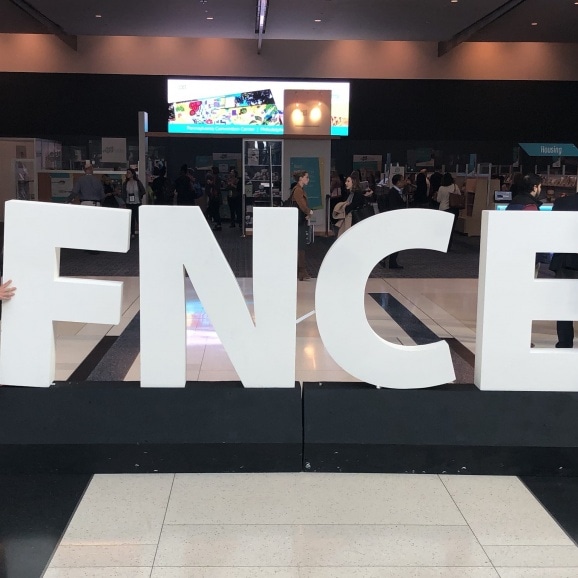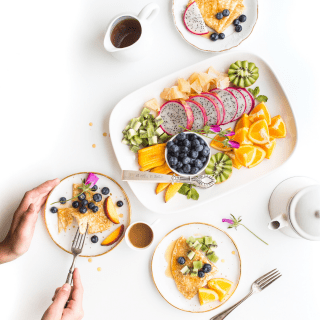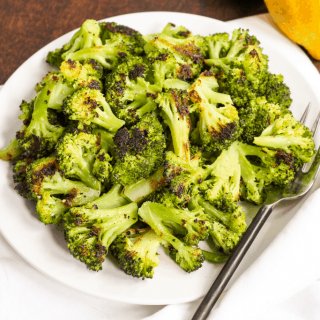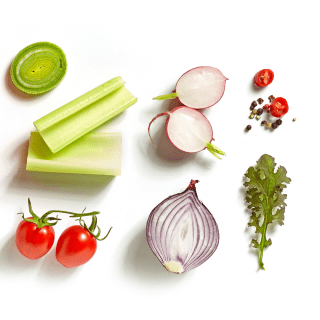I’m back with a recap of what I learned from this year’s Food and Nutrition Conference and Expo (FNCE)!
FNCE is the world’s largest meeting of food and nutrition experts, with more than 10,000 dietitians, nutrition science researchers, policy makers, health-care providers and industry leaders in attendance.
I’ve attended the conference many years now and always enjoy learning the latest on nutrition research and hot topics. (I actually spoke at it myself in 2015, which was a big honor!)
Want to save this post? Enter your email below and get it sent straight to your inbox. Plus, I'll send you great content every week!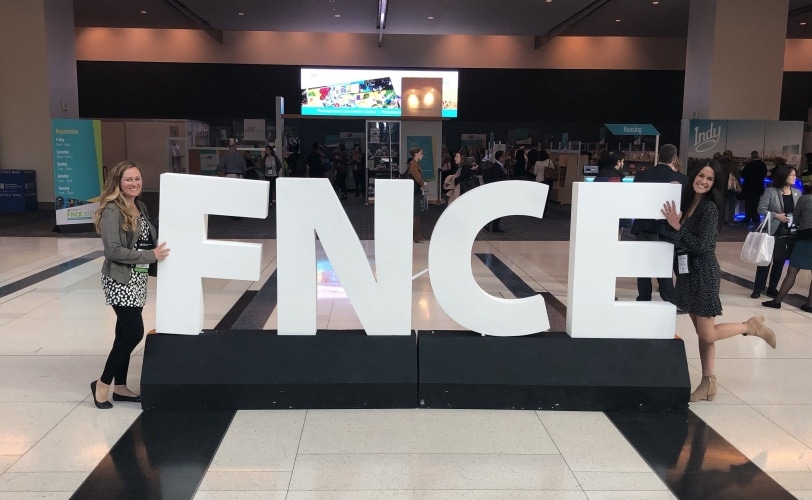
Above with Alexis
I already shared the food/social adventures I got into while at FNCE (check that post out first if you missed it!), so now it’s time to get down to more serious (educational) business.
As in previous years, I attended the event as press, which meant I received free registration for the conference in exchange for writing about it. If you also have a blog or are a freelance writer/journalist and would like to attend FNCE as press in the future, check out their media page for details on how to apply.
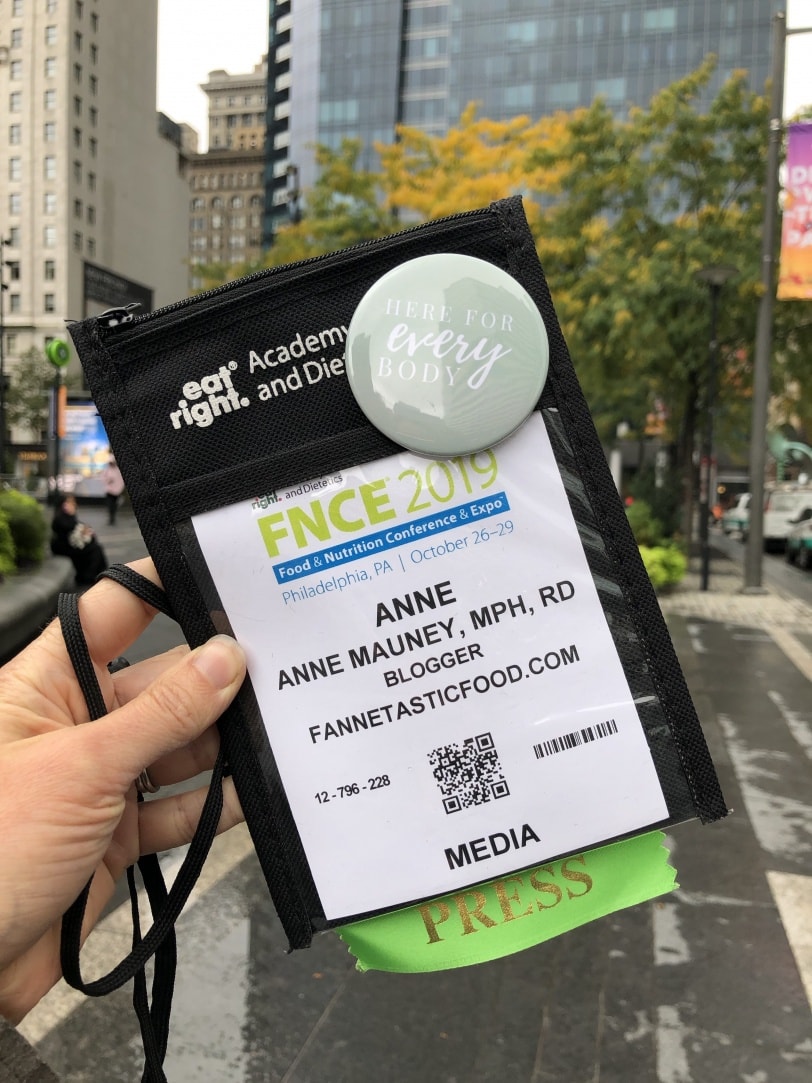
It’s always hard to distill what I learn from the FNCE educational sessions (both ones I was able to attend in person, and ones I reviewed the slides for after the fact) into brief highlights, but here’s my shot, featuring the ones I thought you readers would be most interested in.
Sowing the Seeds: An Analysis of Modern Wheat
The write up of this session sounded fascinating, and it did not disappoint.
Fun fact: GMO wheat is not commercially available in the U.S. This surprised me! Also, wheat supplies 20% of the world’s protein intake – wow.
In the late 1800’s, industrial milling made it easy (and cheap) to remove the bran and germ, and white/refined grain products became commonplace. There is now a market for locally milled whole grains gaining popularity, but a bottleneck exists because there aren’t yet enough local mills.
If you want some recipe inspiration for whole grains, check out my Grain Salad Bowl Recipes and Turkey Veggie Barley Chili, plus this especially relevant recipe with Thanksgiving coming up: Leftover Turkey and Wheat Berry Salad with Cranberry Vinaigrette.
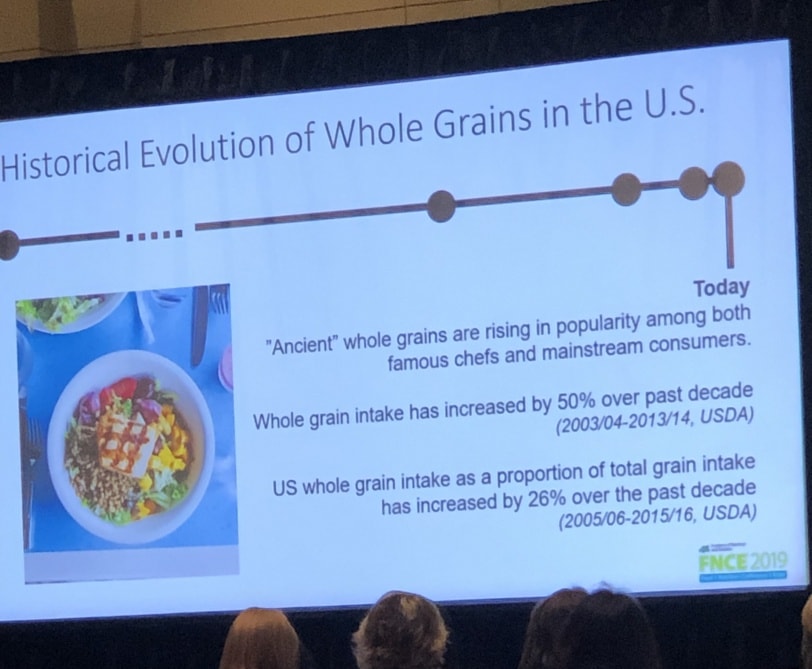
This session also discussed how modern wheat genotypes and processing may impact wheat sensitivity in people.
While no strand of wheat (or any amount of gluten) is safe for those with Celiac disease…
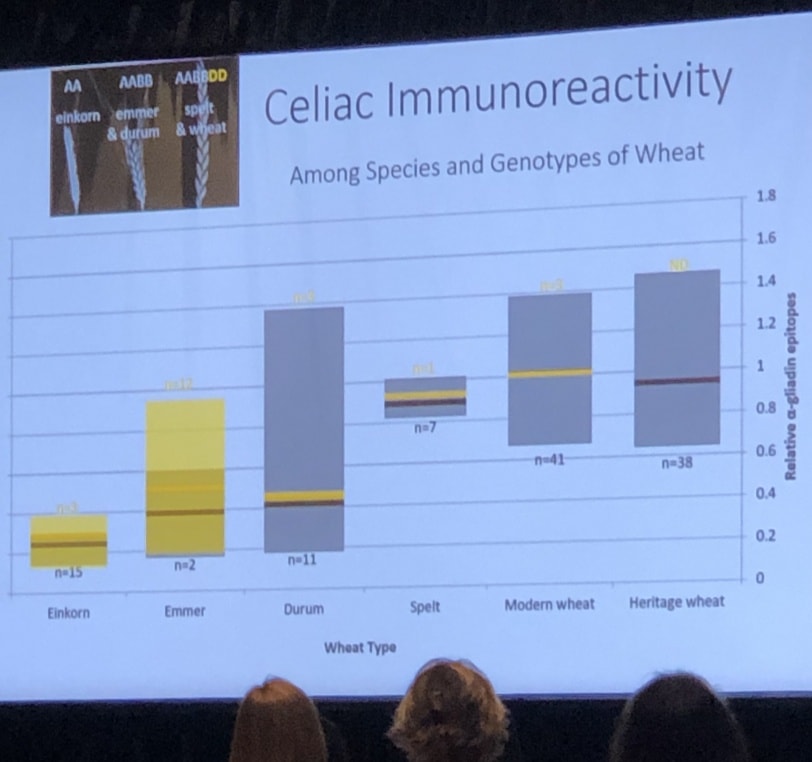
…Gluten is not necessarily always the problem for others; there are other components of wheat that can cause adverse reactions in sensitive individuals. Some people may react to the proteins (like gluten) in wheat, for example, while others may actually be reacting to the fructans (a fiber).
The fact that some people can tolerate some varieties of wheat better than others is a problem with modern processing because they are typically all milled together.
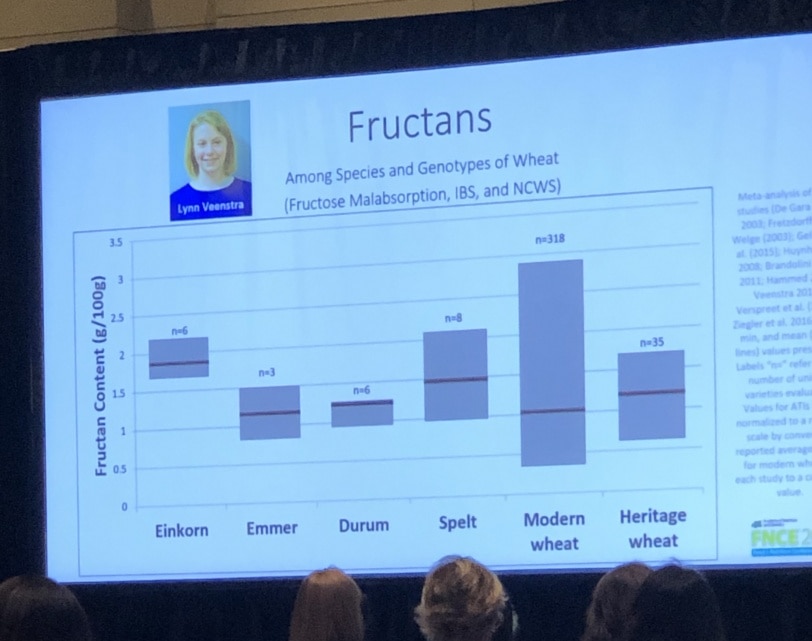
If you want to learn more, check out this research paper written by one of the presenters: A Grounded Guide to Gluten: How Modern Genotypes and Processing Impact Wheat Sensitivity.
Controversies in Practice: Alcohol – To Drink or Not to Drink?
I wanted to make sure to review this session because I feel like alcohol is a topic where advice is ALL over the map – “drink every day for heart health!” vs. “alcohol is the worst for your health, avoid it!” – and I wanted to see what the experts said.
First, here is what “moderate drinking” actually means:
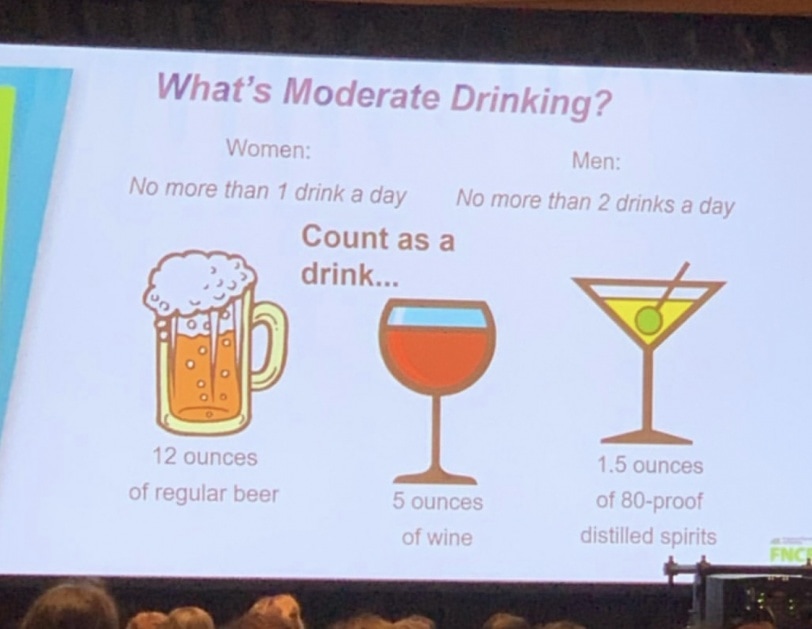
Main takeaways:
- The majority of studies show a modest risk reduction of heart disease and type 2 diabetes with moderate drinking (defined in the above photo). But any more than that is detrimental.
- When it comes to all other health outcomes, ANY alcohol is detrimental, and the more you drink, the greater the risk. Yikes.
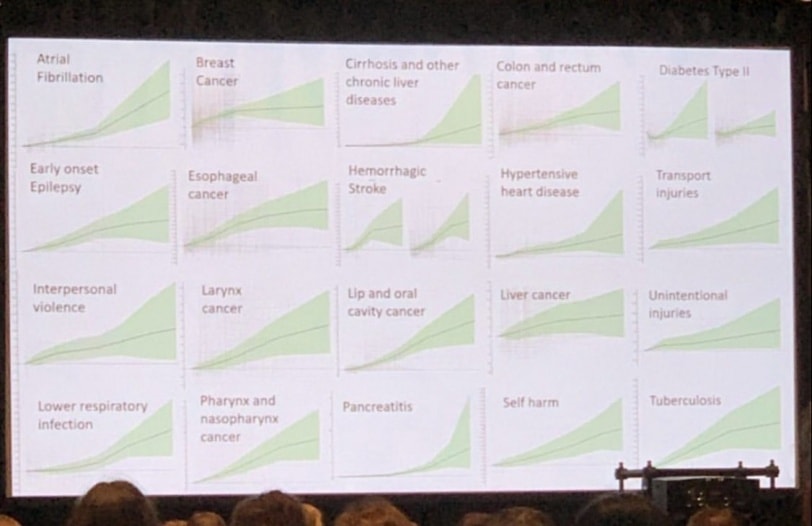
Bottom line: limit drinking to no more than 1 drink per day for women and 2 drinks per day for men, but if you aren’t already drinking… don’t start drinking alcohol solely for the purpose of improving your health.
And yes, this includes red wine, despite the polyphenols present (you get a lot more of those from food…)! 🙂
One last tip: regardless of drinking, but especially if you are drinker, eat more raw cruciferous veggies, like greens, broccoli, cabbage, cauliflower, brussels sprouts, etc. to help support your liver function!
If you need some recipe ideas, check out my White Bean Cabbage Slaw with Apples and Cider Vinaigrette, Kale Caesar Salad, Kale and Quinoa with Soft Boiled Eggs, and my Banana Spinach Smoothie. Yay veggies!
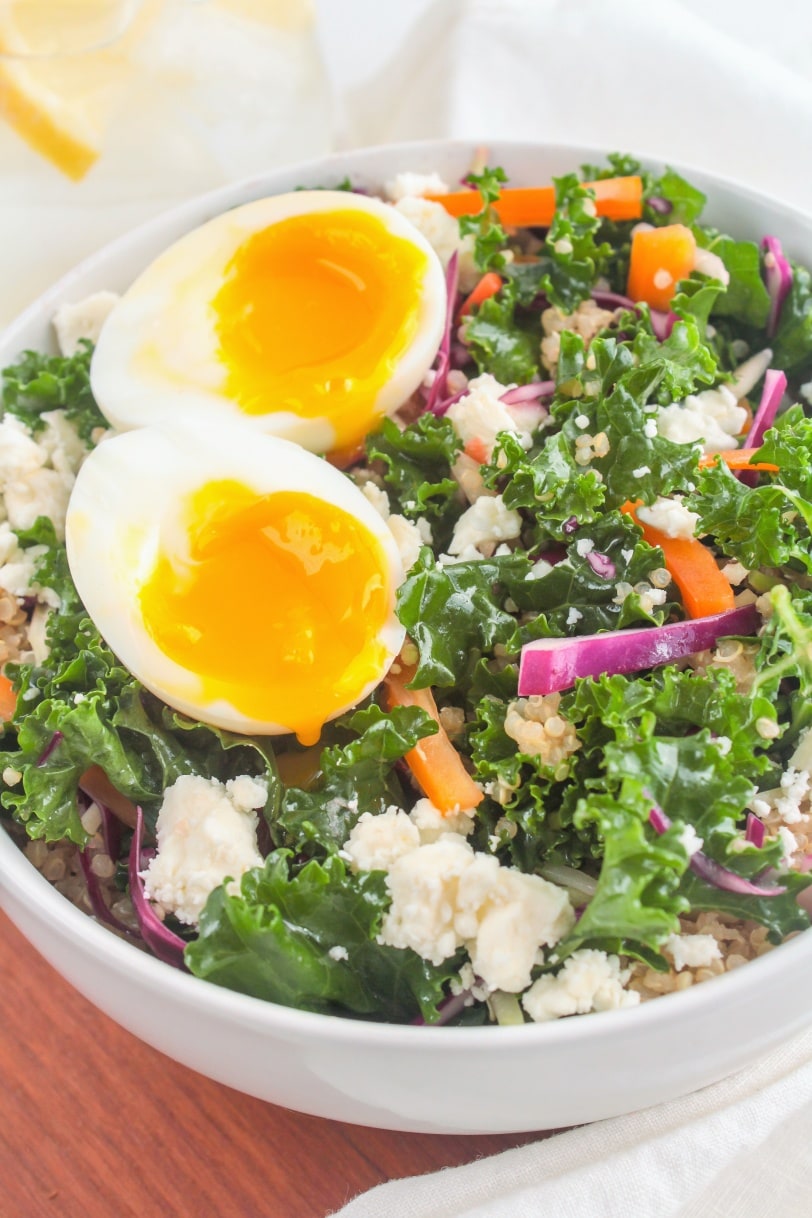
Taking Your Business the Distance: How to Build a Practice That Lasts
I was sad to miss this session (especially because my friend/fellow RD Rachael Hartley was one of the presenters) as I was at a breakfast event, but I wanted to share a few highlights from my review of the slides after the fact (and from talking with her about the session the night before so she could practice and I could get a sneak preview)!
Have you heard of the “Four Burners Theory“? I hadn’t, but it makes a lot of sense. Basically, your four burners (like on a stove) are family, work, friends, and health.
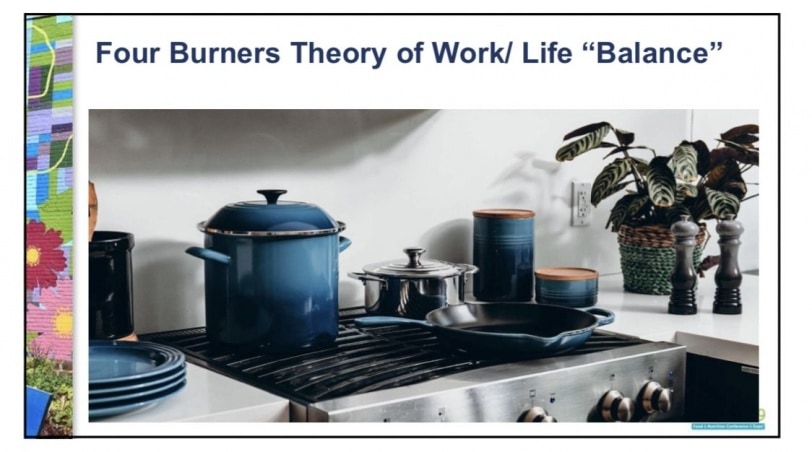
If you want to be successful in whatever you are focusing on, other burners may need to be turned down a little for awhile; depending on the season of life, the burner levels may shift and change, and that’s okay.
You can have all the burners on high for awhile… but it won’t be sustainable and will likely end with burnout.

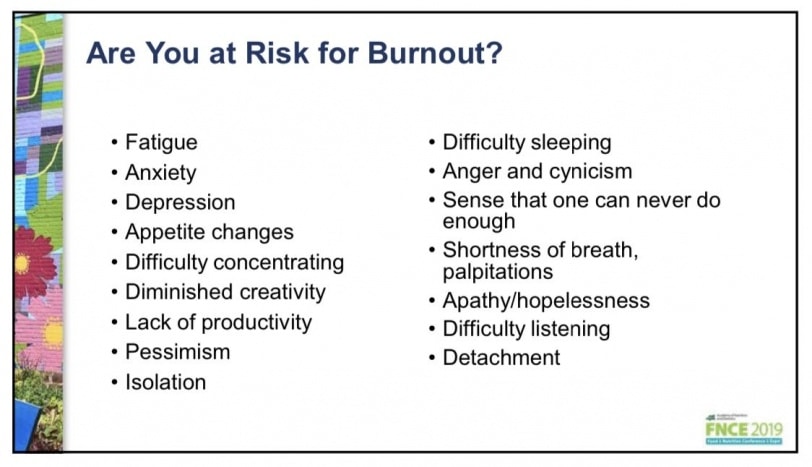
How do you work to prevent burnout? There are a few things that I aim to make a big priority in my life regardless of which burner is on high:
- Getting 8-9 hours of sleep every night (I need a lot, I know! And yes, obviously in Riese’s newborn time this was not do-able…)
- Reading in bed before I go to sleep as my way to unwind from the day
- Hot baths
- Regular exercise both with friends and solo (classes, running)
- Lots of time in the great outdoors/fresh air
Nutritional and Behavioral Health Considerations in Treatment Interventions for Binge Eating Disorder (BED)
This is another session I wasn’t able to attend in person but I wanted to be sure to review the slides after the fact, not only because I think Jennifer McGurk, one of the presenters, is fabulous, but also because I do some work in the binge eating arena in my AnneTheRD private practice.
Main takeaways:
- Body size is not a behavior and shouldn’t be the target of treatment. Validate the desire to lose weight, but recognize that losing weight is not the solution (and will actually be harmful if the focus). See Health at Every Size for more info here.
- BED is the most common eating disorder diagnosis.
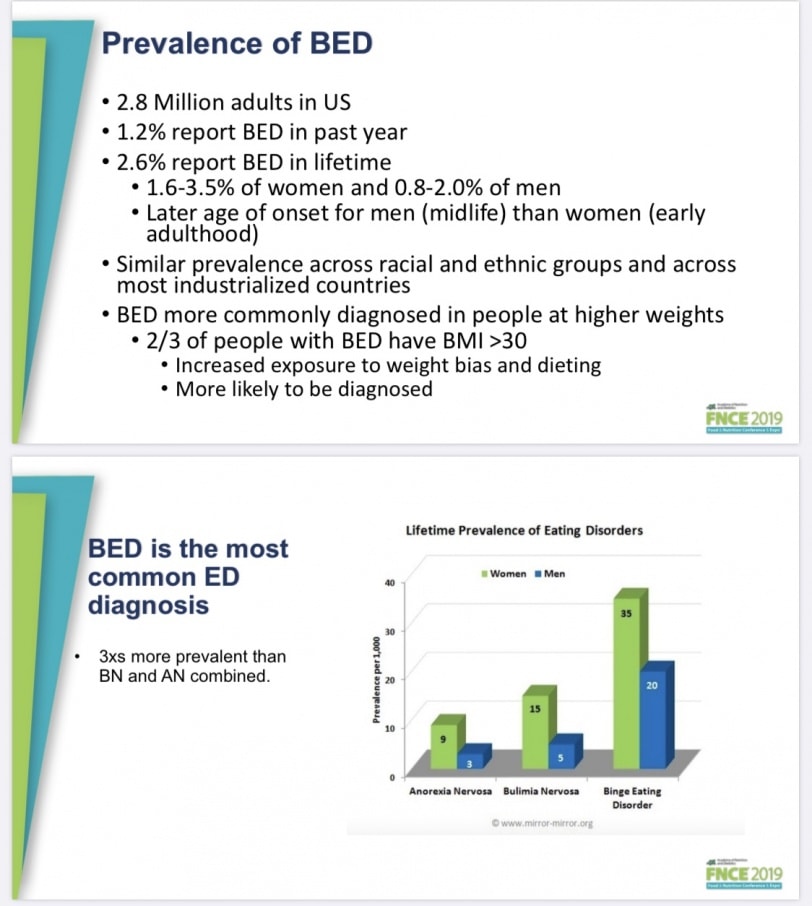
To break the binge eating cycle, it’s important to eat MORE throughout the day (and especially making sure to eat enough earlier in the day) vs. trying to restrict, getting too hungry, and then that triggering another binge.
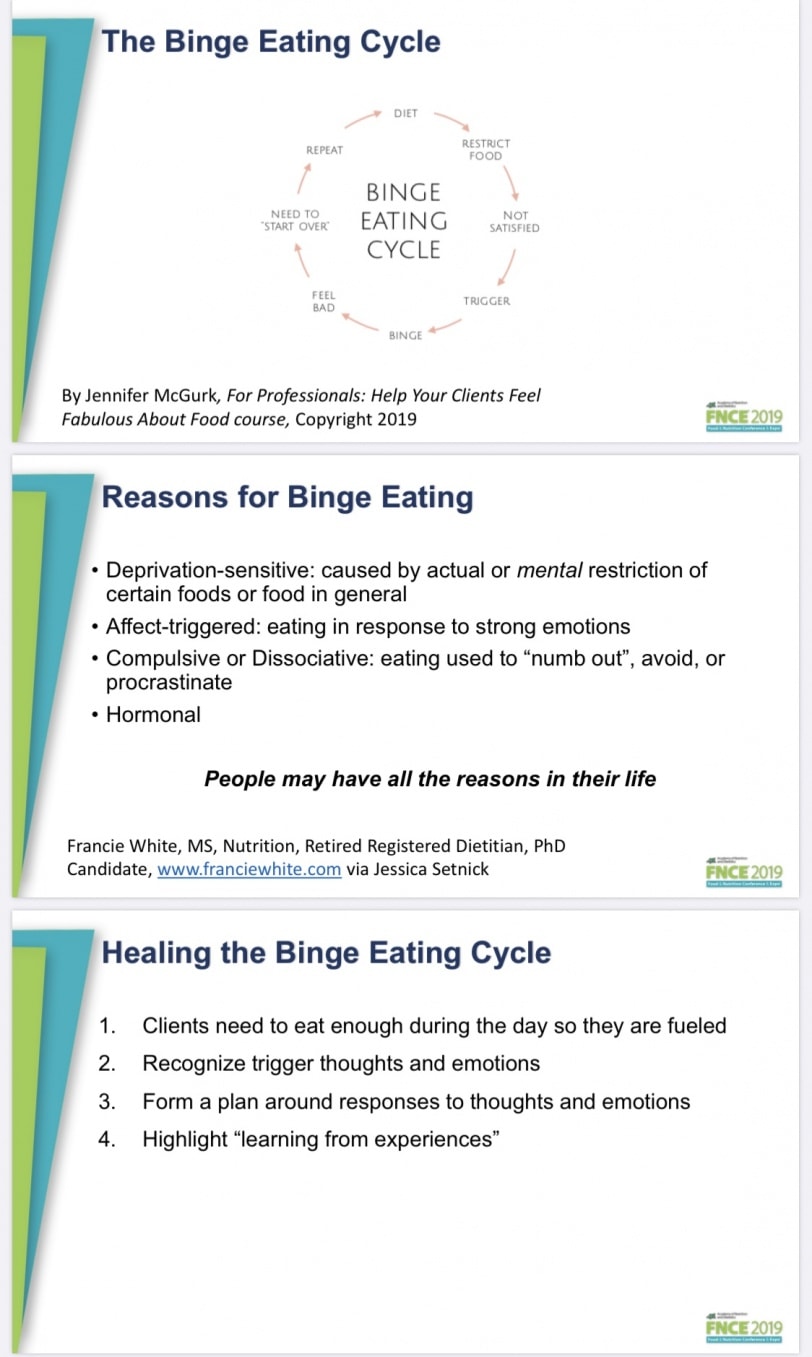
Bottom line: if you are struggling with binge eating, please seek out a dietitian as well as a mental health professional. <3
Until next time, FNCE!
Thanks for reading – I hope you found something relevant and/or interesting in this post. Let me know what you learned in the comments, or if you have any follow up questions – I’ll do my best to answer them!


